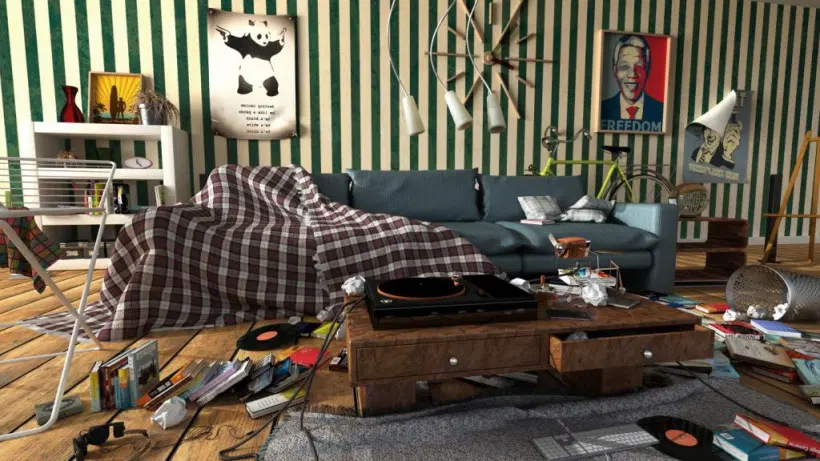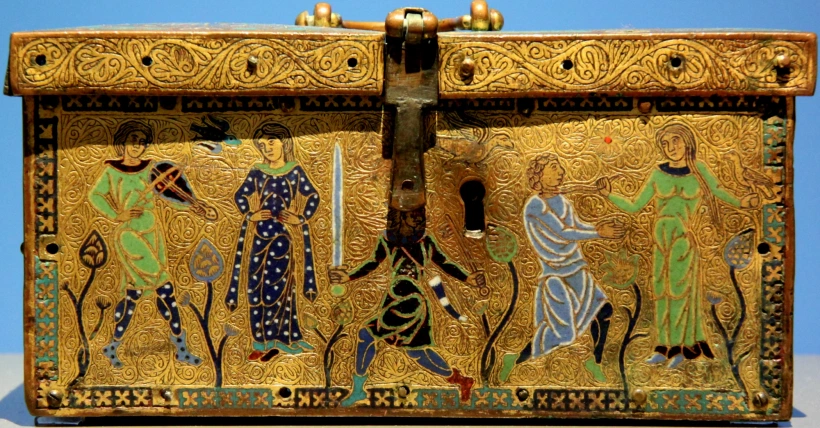
Have you ever felt like swimming in a bubble of confusion and soon later felt happily released right after a genuine talk with a friend? In this post I’m going to focus on the reason why this happens.
You may think that it’s a matter of friendship and it is due to the emotional bond that links you to that person. Not every friend is the same and the relief is proportional to the quality of the friendship. Well, not really.
It can happen with a relative, a child, a colleague and even the doomed person sitting next to us. Yes, sometimes we are so concentrated on a problem that we use a stranger to extern our thoughts and feel better. Literature teaches us that also writing a diary or having a pen friend is an extraordinary tool to manage anxiety and make sense of life.
As I wrote in the last article, storytelling is the way human brain gives sense to its inner mess and puts every circumstance in the right shelf. How does it work?
To explain this, it’s helpful recalling once again Professor of Sociology Paolo Jedlowski. In his book, he defines narration as “sharing stories”. Stories are representations of sequences of events or actions and, by definition, they require a conversation. By telling a story, I package my thoughts about a certain situation, I give them a meaning and an interpretation and eventually I share the package to another person through simple communication.
Interestingly, Jedlowski says that sequence of events are normally messy or opaque. You don’t know exactly how to interpretate the reality around you until you go through the process of making a story out of it and tell it.
The next time you feel messy thoughts, try the storytelling approach and see for yourself.

